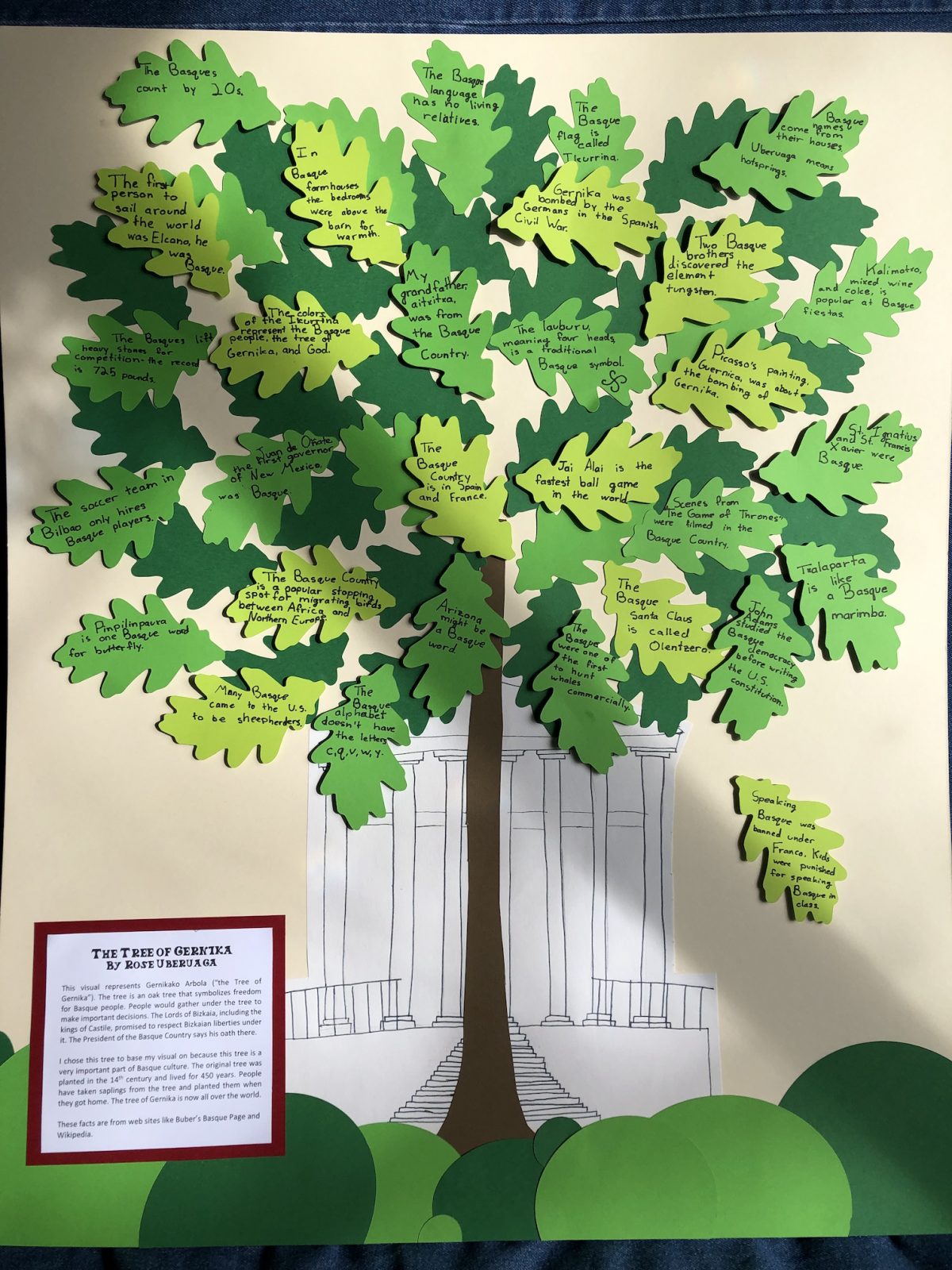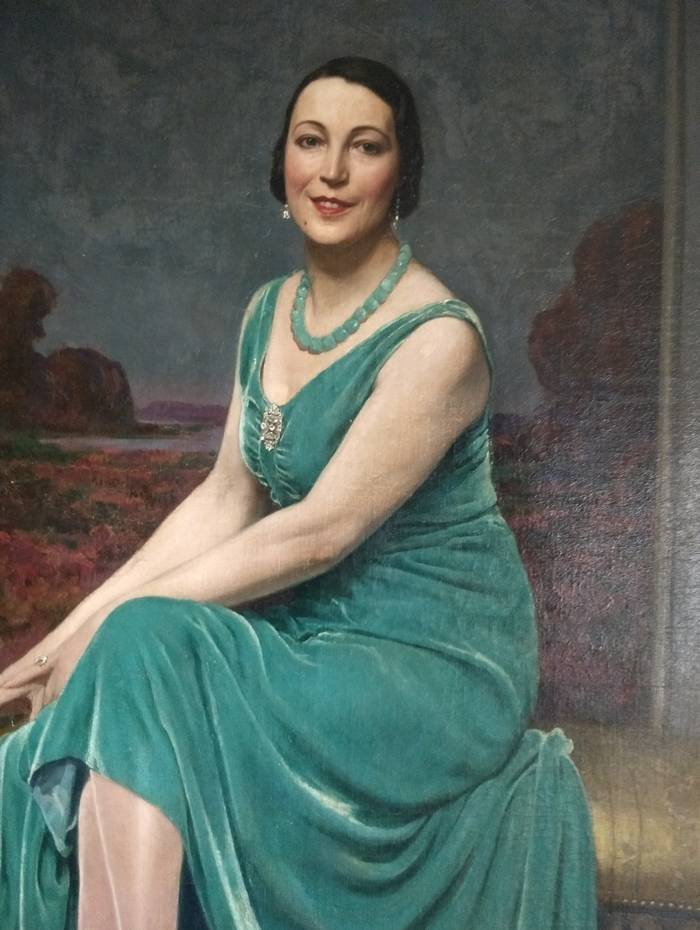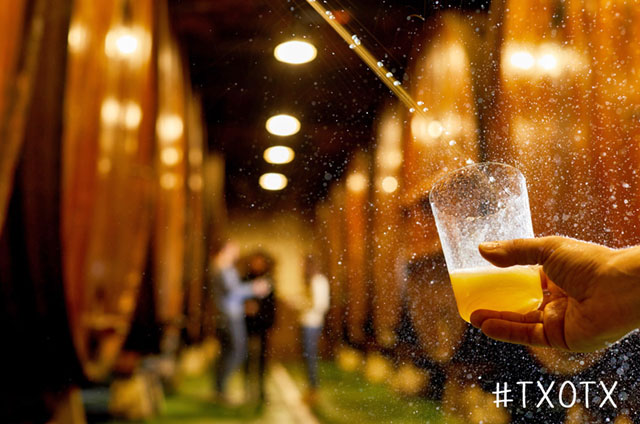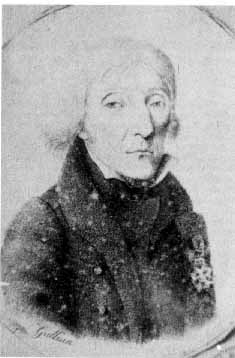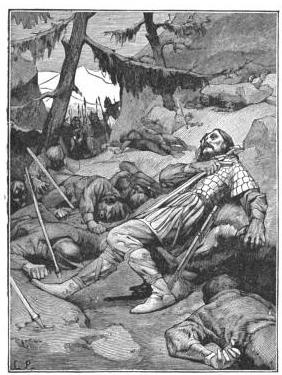Bertsolaritza, or Basque Improvisational Poetry, is the art of composing, on the spot and impromptu, sung couplets about a given topic. A specific meter and rhyme must be followed. Competitions are held for the best bertsolaris, or singers of of these poems, but bertsolaris are also famous for singing impromptu at any gathering.
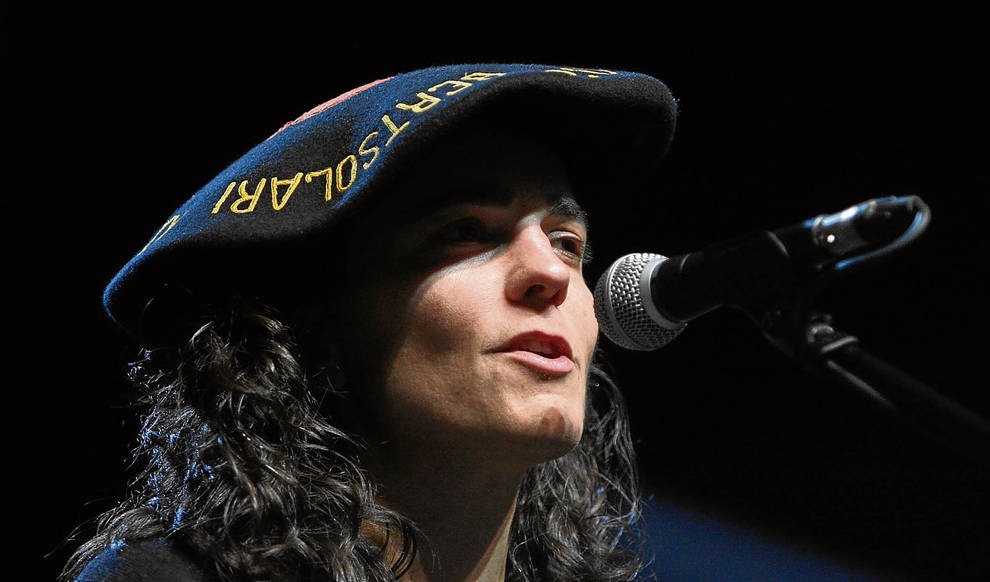
- While the exact origins of bertsolartiza are unknown, there is evidence that bertsos (the poems) were sung as far back as the 1400s, with mention in the Ancient Charter for Bizkaia, which calls out “the Women, known for being shameful, and agitators of peoples, [that] make couplets and songs in an infamous and libellous manner.”
- The championships, the Euskal Herriko Bertsolari Txapelketa Nagusia, are held every four years. They started in 1936 but were suspended during the Spanish Civil War and the subsequent repression of Basque Culture during the Franco years.
- The reigning champion, Maialen Lujanbio Zugaste, is the first woman to win the championship. In the first year she won, in 2009, her solo challenge was Maialen, you are a doctor. You’re observing two children suffering from cancer organising a wheelchair race in a hospital corridor. She had to compose a 42-line sung poem on the spot about this topic. Her poem can be found here.
- Jon Lopategui Lauzirika, a famous bertsolari who won the championship in 1989, was born on this day in 1934. Not only was he one of the great bertsolaris, but he was known for his tireless work in teaching the art of bertsolaritza to the next generations.


